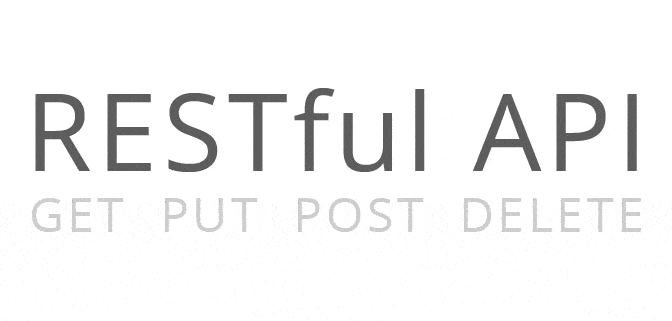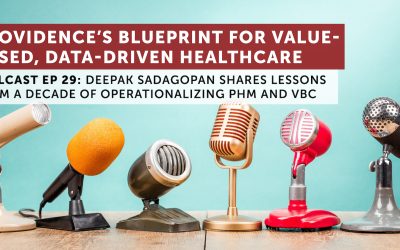We hosted a webinar on this topic on December 14, 2016. To retrieve a copy of the slides, please follow this link. We will also be posting the recording.

To understand what it will take to build an API program in healthcare, we conducted a broad survey of the healthcare market to solicit ideas and opinions about the opportunities and challenges represented by APIs. On December 14, 2016, we will conduct a webinar that will discuss the findings of this research and implications for the health IT industry as a whole.
These interviews indicate pervasive dissatisfaction with existing systems of record and systems of engagement. But they also show significant enthusiasm for wider availability of APIs that can make it easier to develop and improve these systems.
The API Opportunity in Healthcare
- Big Potential – HCO C-suites, IT organizations, and clinical leadership need no convincing about the potential that APIs offer. Despite concerns about the path to value most expect API programs to deliver functional enhancements, improvements to user interfaces and broader dissemination of digital assets across their connected communities.
- HCOs Want to Spread Expertise – API-based development, together with advanced analytics, can increase the effectiveness of existing applications by enhancing the expertise of individual clinicians. Together with programs like telehealth and substitution, expertise enhancement will make data more actionable.
- Only Large HCOs Can Invest – The largest HCOs are currently expending some time and resources on APIs. Smaller HCOs are waiting for their HIT vendors to show them the way.
- Mid-size and Smaller HCOs Will Follow – These HCOs, who all struggle with the “tyranny of the moment”, will wait for tangible results from leaders to demonstrate the utility and efficacy of open APIs.
The API Challenges
- Reimbursement and Regulation Impede Data Sharing – The continued dominance of FFS-based payments and HIPAA are seen by many as counterproductive to data interoperability.
- HCOs and Clinicians are Overwhelmed – HCO IT organizations and innovation centers are carpet-bombed with IT proposals. HCOs see process change as the way to adapt to changing payments. They want technology to help but it is not the first tool they reach for.
- Lack of Clear Business or Clinical Justification – The wait-and-see stance of most HCOs stems from the demands of keeping existing processes functional and the practical reality that they only want to invest if a clear need can be addressed.
- Payment Uncertainty – Most people believe that patients will not pay for apps, at least not directly. No one has ruled out the possibility of indirect payment. HCOs will pay only if there is demonstrable value or if an app provides actionable data.
- Legacy Issues – Legacy software and skills makes modern web deployment ideas and technologies difficult to incorporate into existing software infrastructure plans.
This webinar will provide an overview of our distillation and analysis of the topics raised by various industry stakeholders as they look beyond custom-built one-to-one interfaces to an infrastructure that relies on repeatable, portable and reusable ways to get data and invoke functionality to optimize care across the community they serve.




Hello Chilmark team (especially Brian),
Thank you for having the foresight to conduct this survey and compile this important report. As an advocate for the expanded use of APIs in health care for many years, I’m optimistic we’re *finally* getting there.
Very much looking forward to participating in the webinar.
Best,
Keith Toussaint
KMT Strategies
Superb survey! Can you post the slides?